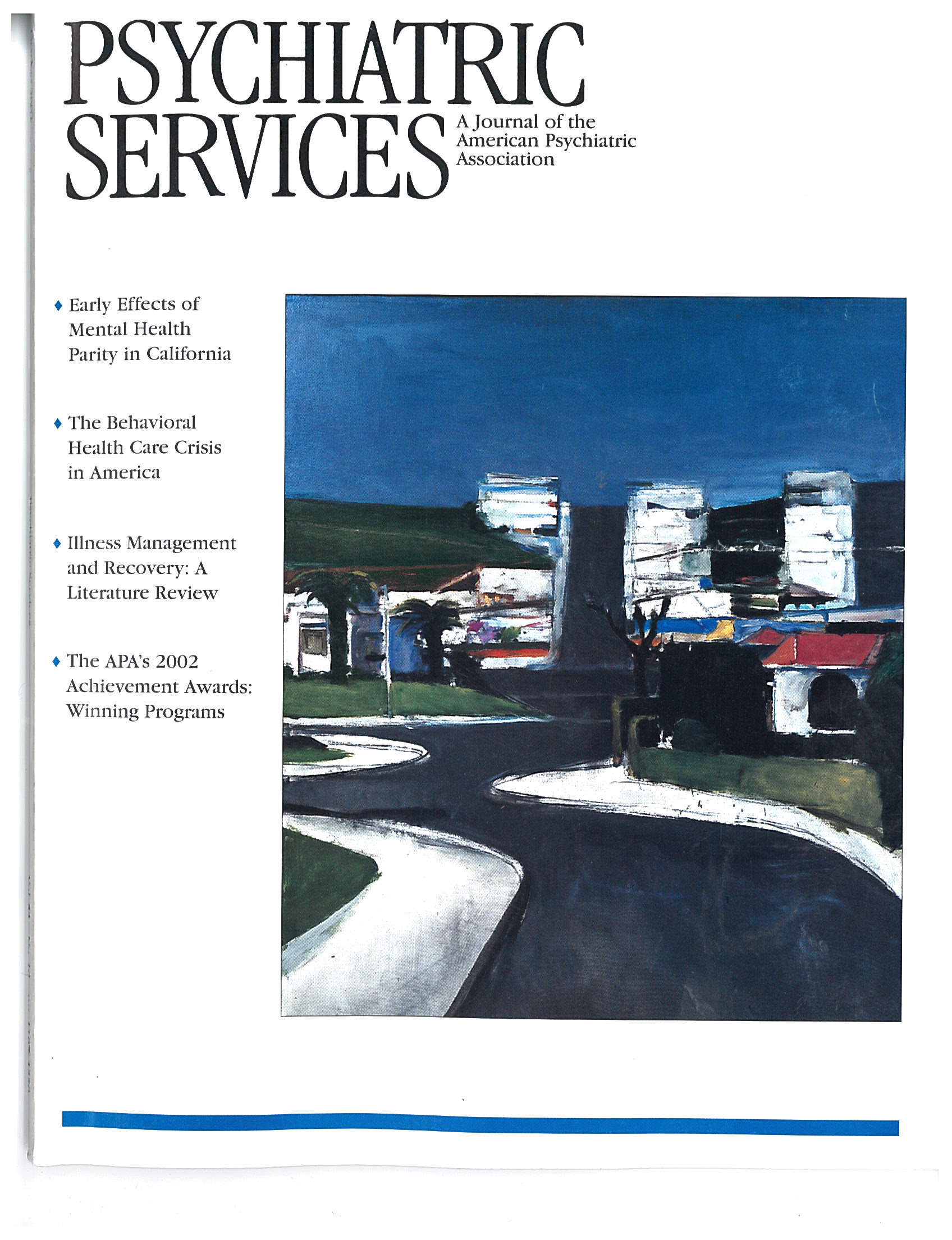Utility and Limits of the Mini Mental State Examination in Evaluating Consent Capacity in Alzheimer's Disease
Abstract
The call for formal capacity assessments of potential research participants with impairments due to illnesses such as Alzheimer's disease is increasing. Because such an evaluation of every potential subject requires significant resources, clinicians and researchers may want to know the utility and the limits of a familiar cognitive screening test, the Mini Mental State Examination (MMSE), in capacity evaluations. In this study of 37 patients with mild to moderate Alzheimer's disease, a fairly wide range of MMSE scores (21 to 25, which includes an often used cutoff for "normal") did not discriminate capacity status well. Nevertheless, there may still be approaches that enhance the practical utility of the MMSE in capacity assessment.



